A proposal that could have seen some of Pembrokeshire’s smaller community councils potentially forced to merge was dropped following an amendment made at full council last week.
Pembrokeshire County Council had appointed the Local Democracy and Boundary Commission for Wales to carry out a review of communities and electoral arrangements, the first stage of which was the local authority setting a size policy for town and community councils.
Following a series of meetings involving community, town and county councillors a proposal was put before the October meeting of full council that any community council of under 480 electors would potentially be merged, the Boundary Commission for Wales making proposals on individual mergers on a case-by-case basis.
This change would have affected 24 community councils out of Pembrokeshire’s total of 78 town and community councils, felt most in the rural communities.
With the exception of Caldey – which does not have a councillor – Pembrokeshire community councils under the 480 figure ranged from Dale, which has six councillors for 155 electors, or 26 voters per councillor, all the way to Mathry, with 467 electors, six councillors, and 78 voters per member.
Pembrokeshire’s largest town council, Milford Haven, has 10,808 electors, 18 councillors, and 569 votes per seat.
Presenting the item at full council, Councillor Neil Prior stressed the proposed decision was “not prescriptive,” but a mater for the commission, adding there were very effective smaller councils in the county.

An amendment was put forward by Wiston community councillor David Howlett, giving the option for councils under 480 electors to merge with neighbouring councils if they wished, rather than the straightforward proposal.
He said that, for some councils, mergers may be suitable, but warned that some merged community councils could become “more of a land mass than a community”.
Councillor Reg Owens, whose county council ward includes Dale, said: “One of the community councils quoted as being too small is Dale, but Dale is a very efficient community council; of the six councils I represent not one is in favour of any form of amalgamation, the community council is the hub of a rural community, I would say: ‘Leave well alone’.”
Cllr Prior said Cllr Howlett’s ‘voluntary’ addition was “very sensible,” recognising a one-size-fits-all approach didn’t always work, but warned the reality to the amendment would be “no change” as many councils would not wish to merge, given the option.
Cllr Howlett’s amendment was passed by 31 votes to 25.
Commenting after the meeting, he said: “I was aware that a number of smaller community councils were very opposed to any potential mergers and I am pleased to have persuaded a majority of council members that it was a good idea to support community councils that want to merge but allow those that wanted to continue as they are to do so.”
“Community councils are the bedrock of local democracy, and I am pleased that this has been recognised with this decision.”
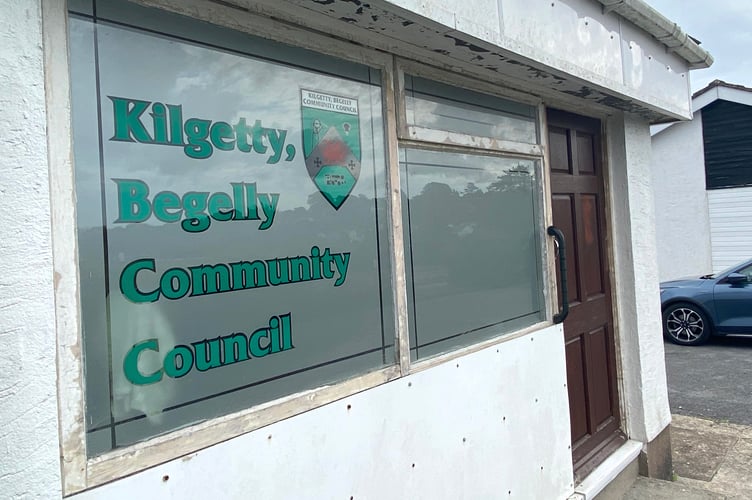
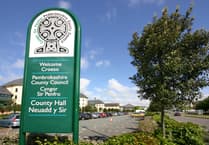
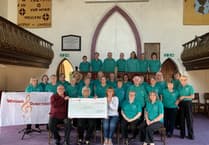
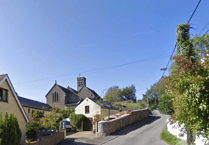
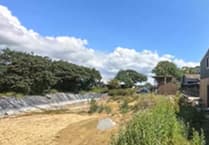
Comments
This article has no comments yet. Be the first to leave a comment.